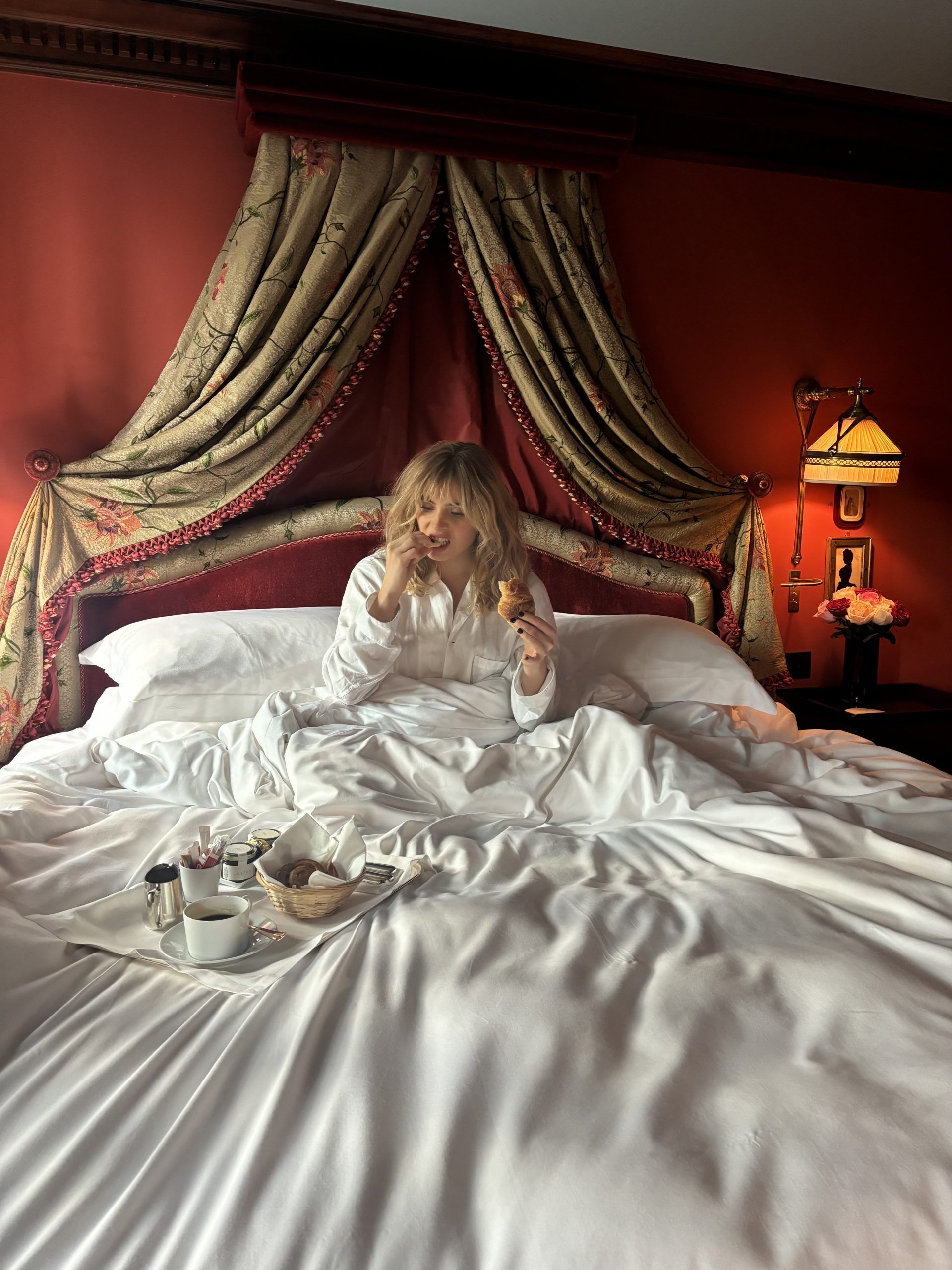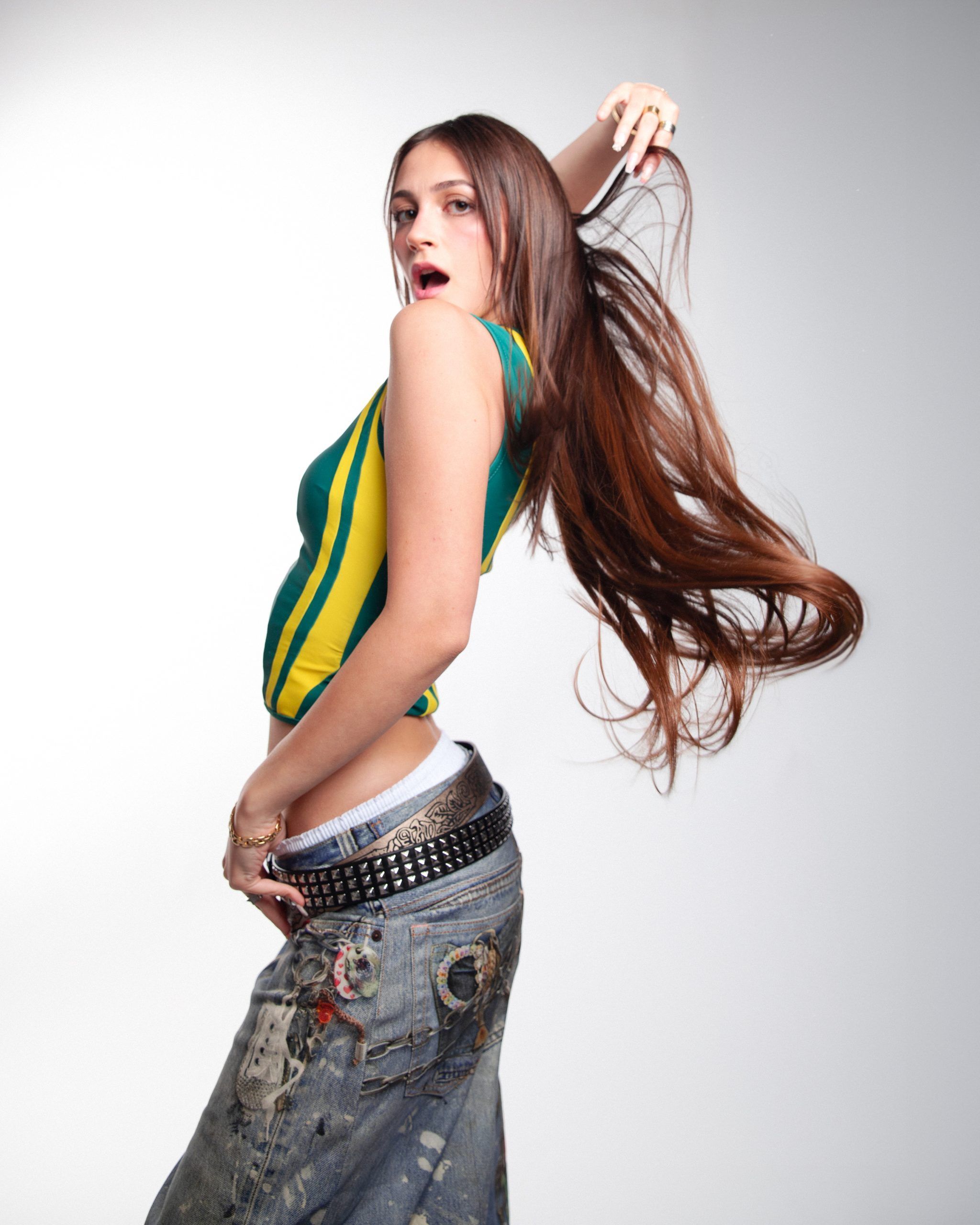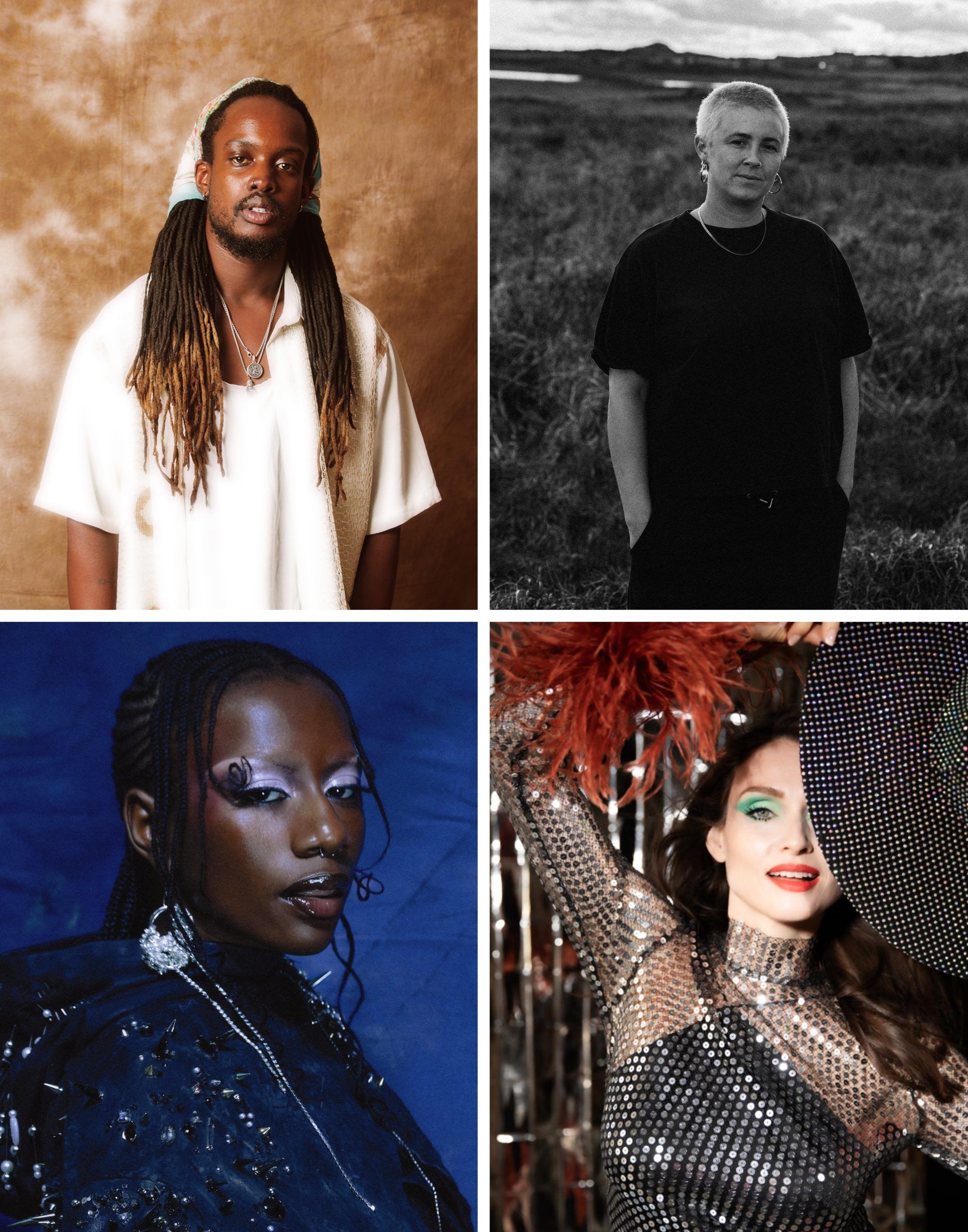Nearly a hundred years later, World War II and the Holocaust continue to be frequently depicted in historical media, through novels, films, and TV series alike. The reason is clear: these events represent an incredibly dark chapter in global history, spanning horrors so depraved and suffering so immense that it’s difficult to comprehend. Oftentimes, Holocaust stories might seem overdone, but We Were the Lucky Ones, the new series based on the novel by Georgia Hunter, is done beautifully, a moving and true retelling of her family’s history.
Based on Hunter’s personal family experiences, the poignant drama recounts the survival of the entire Polish-Jewish Kurc family during the Holocaust. The novel meticulously portrays each family member’s harrowing journey, torn apart and reunited amidst the brutal realities of war. One of the most gut-wrenching storylines was that of architect Adam Eichenwald, the boyfriend (and later husband) of Halina Kurc (played by Joey King). Adam is portrayed by English actor Sam Woolf, best known for his roles in The Crown and Witcher. Once the war breaks out, he joined the Polish resistance, assisting in forging identities for fellow Jews in hope to make their escape. Woolf’s performance in the series is emotional, heartbreaking, but he manages to showcase Adam’s bravery and charm weaved throughout his challenges.
Ahead of the wide release of We Were the Lucky Ones, 1883 sits down with Sam Woolf to chat about the responsibility of taking on the role of Adam Eichenwald, his experience working with Georgia Hunter and learning about her family, and what he hopes viewers take away from the series.
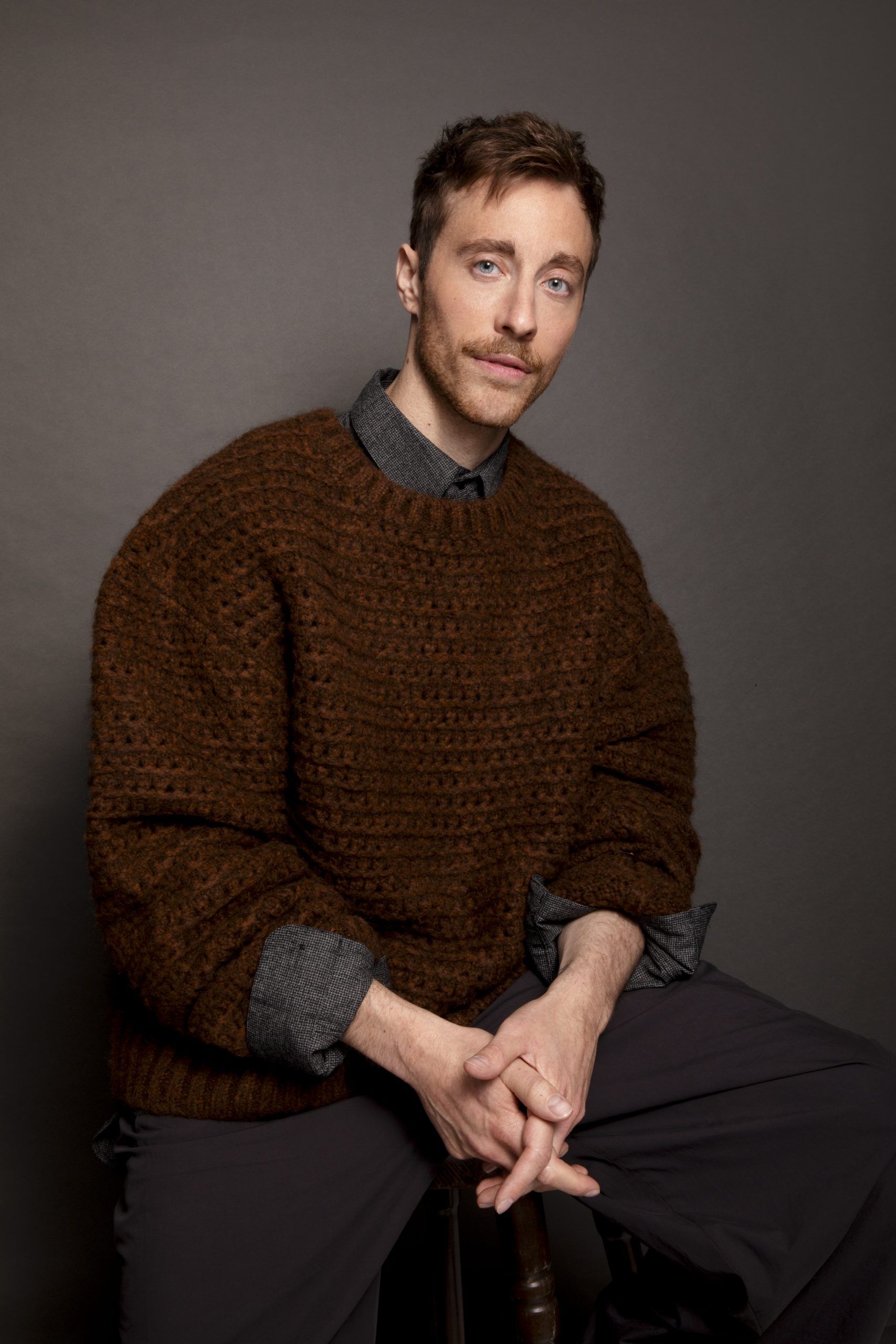
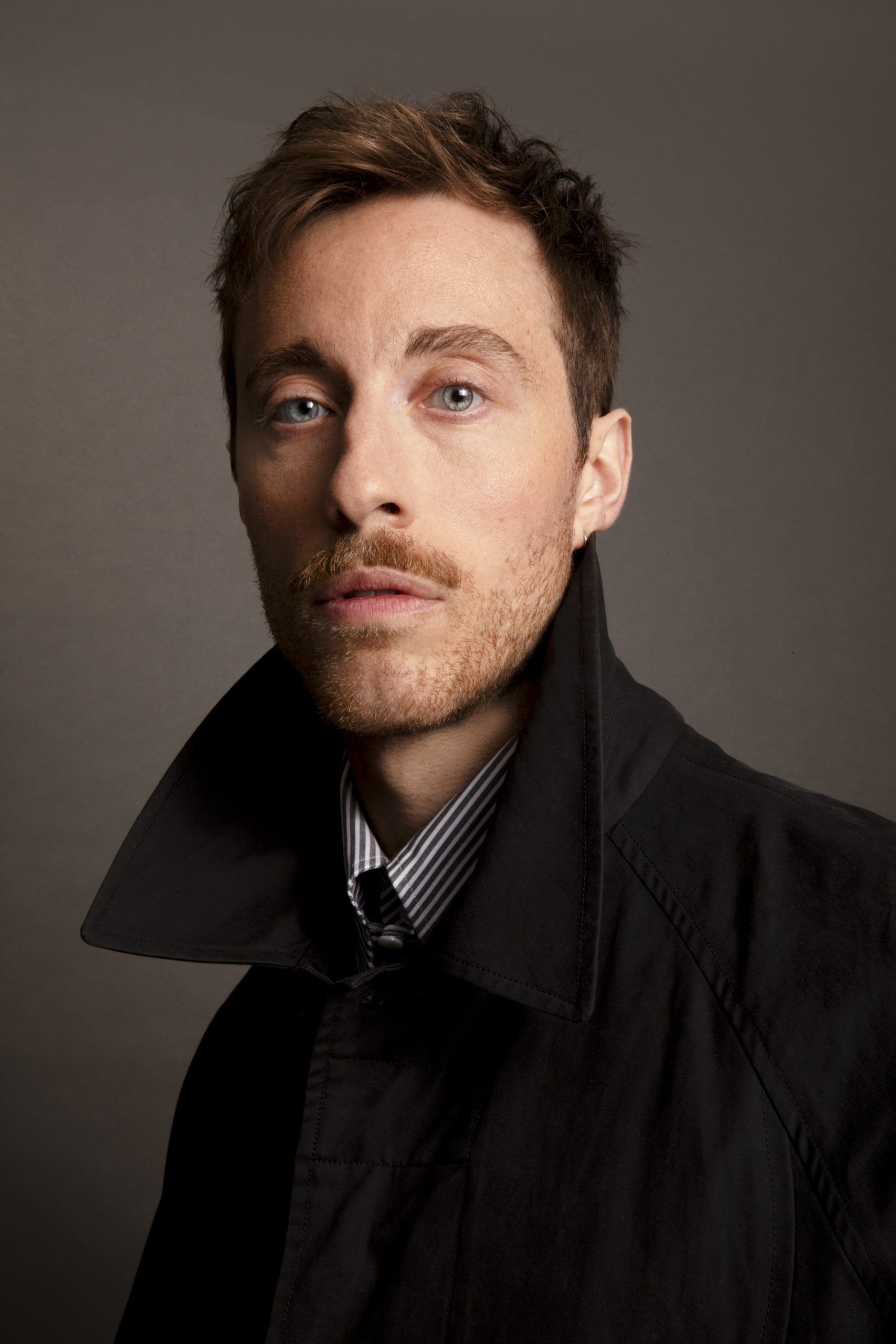
Congratulations on your role in We Were the Lucky Ones! I know the show wrapped filming just about a year ago – how does it feel to finally have it out in the world?
Thank you! Feels bloody great, I couldn’t be more proud of it. Nerve-wracking, as well. It’s sensitive and very close to my heart, so there’s an inevitable vulnerability there.
What drew you to audition for the role of Adam Eichenwald?
There can be a misconception, I think, about the level of agency the majority of actors have about what they audition for. For this, as with most things, my agent said “Here’s a great audition” and I’d have said something like “Great I’ll try to not make a complete hash of it”.
Were you familiar with the story before auditioning? Had you read the book prior?
I wasn’t! I’d heard the book title but hadn’t read it. I read the whole thing the day before the audition in one sitting. I remember we had builders in because the roof was leaking and there was lots of banging and crashing. I sat and read it feverishly trying to ignore the dripping and yelling.
What was it like working with the author, Georgia Hunter, knowing this was a true story about her own family?
Georgia is as close as I’ve ever met to a person who physically emanates light. Working with her was a great privilege. The story was close to most of us with our own family histories from the Holocaust, but for Georgia of course it was watching her own Grandfather, her uncles, cousins. We were all very aware of the responsibility we had to do this story and this family justice.
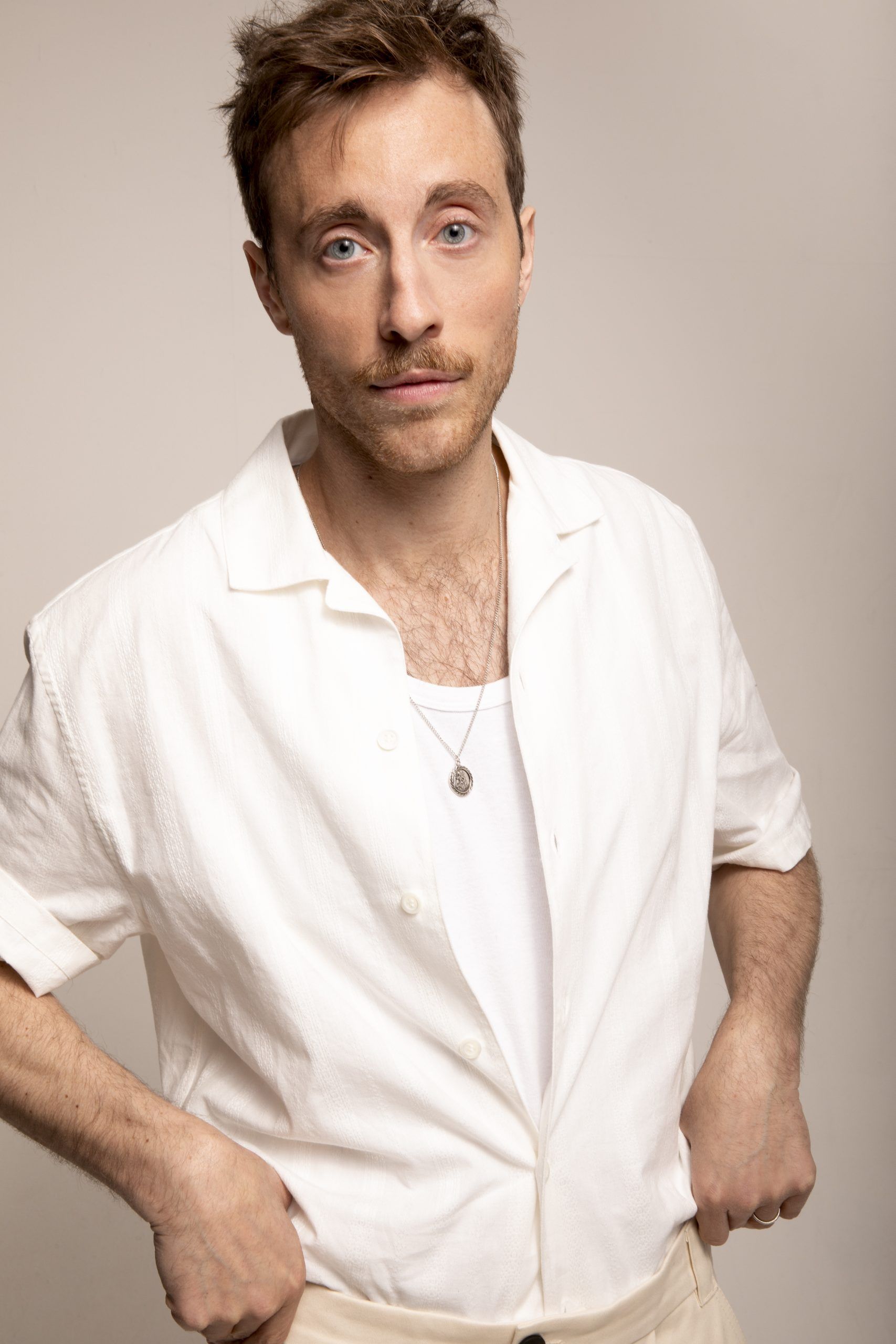
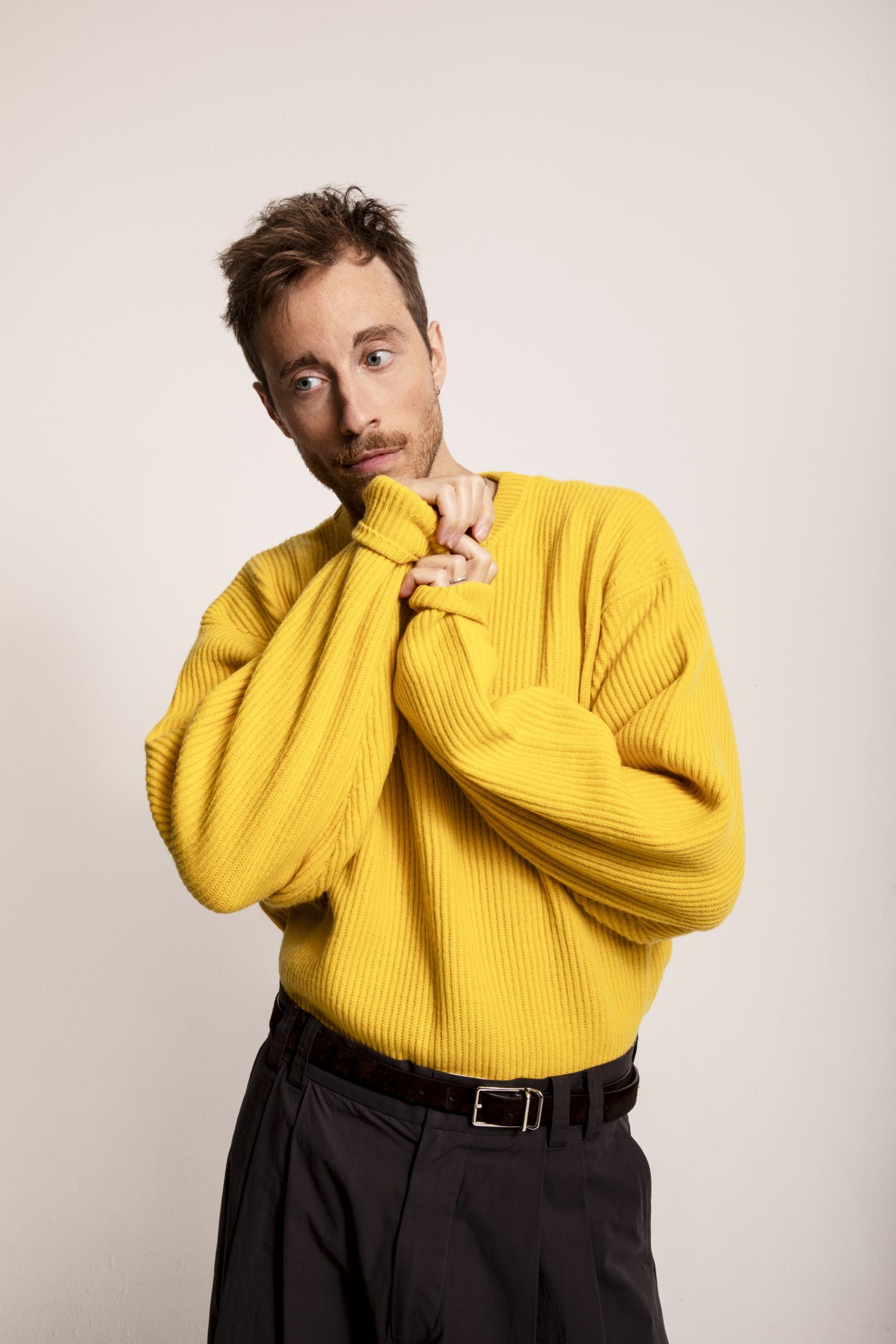
I recently had the opportunity to watch the entire season, and it was definitely difficult to watch at times. I can only imagine how emotionally draining some of those scenes must have been to film. How do you prepare for a role like this?
Because of that sense of responsibility I was really nervous about doing a good enough job, in all honesty. I immersed myself in the period as much as I could – books, documentaries, conversations. There’s a wealth of information about the characters because they’re Georgia’s family, so the most moving research really was talking to her. In terms of actor preparation, most of the job is just trying to forget you know what happens next. So I spend a lot of time reminding myself to remember to forget.
One of the most emotional scenes for me was when Adam realized he had lost his entire family. What was the most difficult scene for you to film, emotionally or physically?
That was certainly one of the most difficult days of work I’ve ever experienced. It’s kind of a haze to think back on because there was so much emotion and adrenaline. Eva Feiler, who is an extremely kind and supremely gifted scene partner was a huge comfort in between takes. We would just sit together in the feeling that she had been engaging with already throughout the series, and then go again. Being able to look into someone’s eyes as they show you the deepest empathy – both character and actor – was itself very moving. And then the knowledge that this is pretend, I get to go home after without this immediate reality, but Adam could not. That was the hardest feeling, and the most mobilizing.
Do you have a routine after a heavy day of filming to help you wind down or relax?
Wine. Several glasses. Good friends. Laughter. More wine.
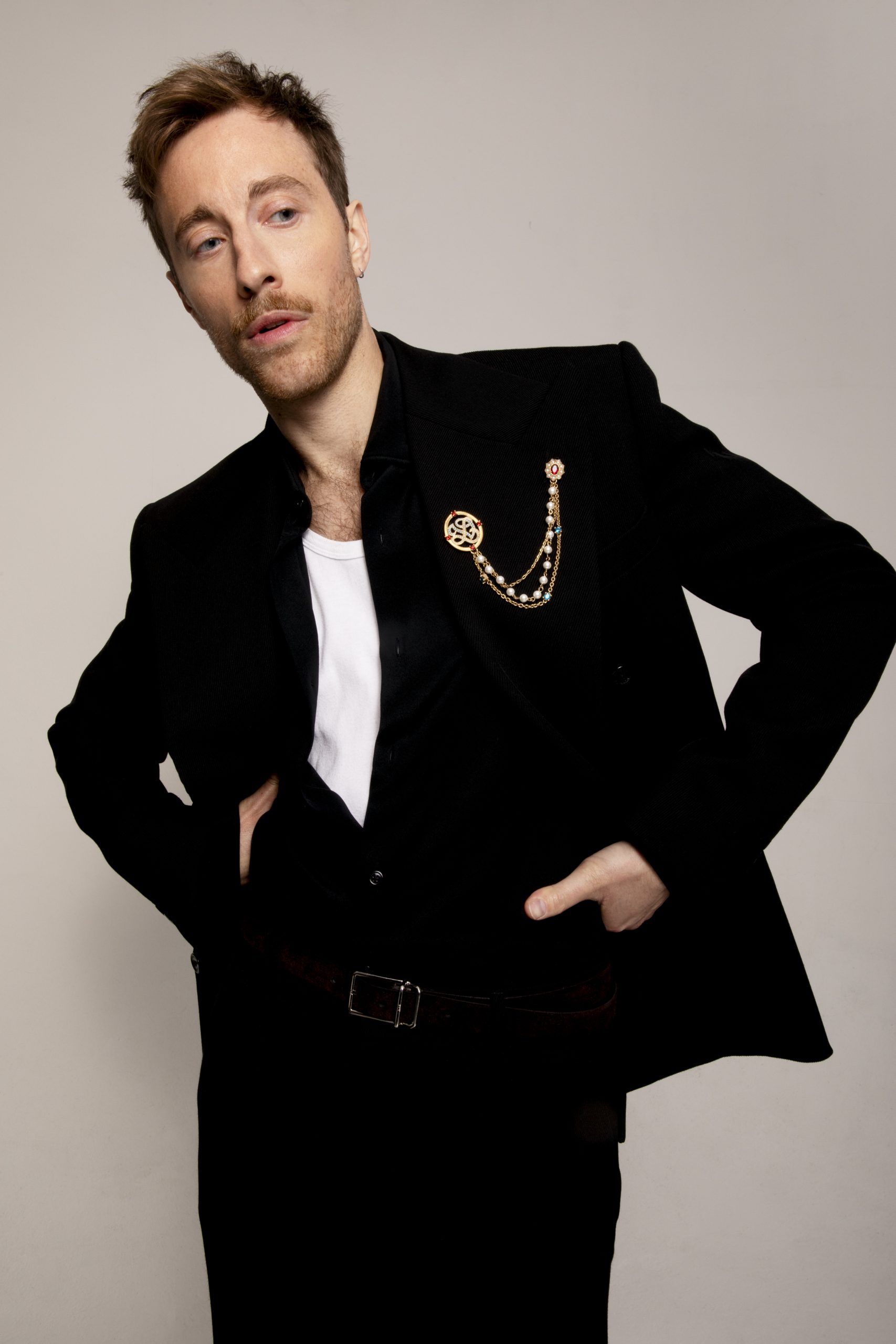
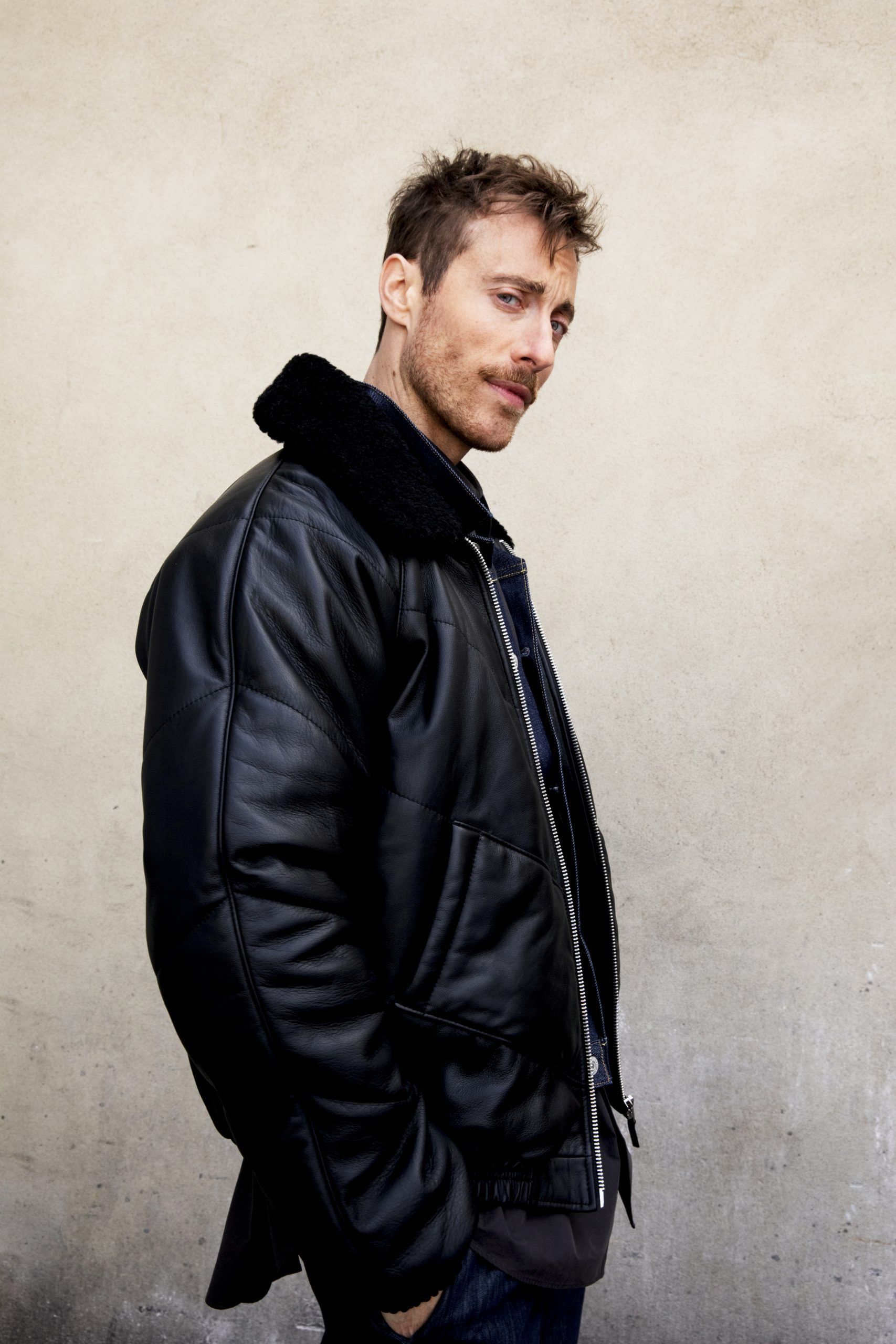
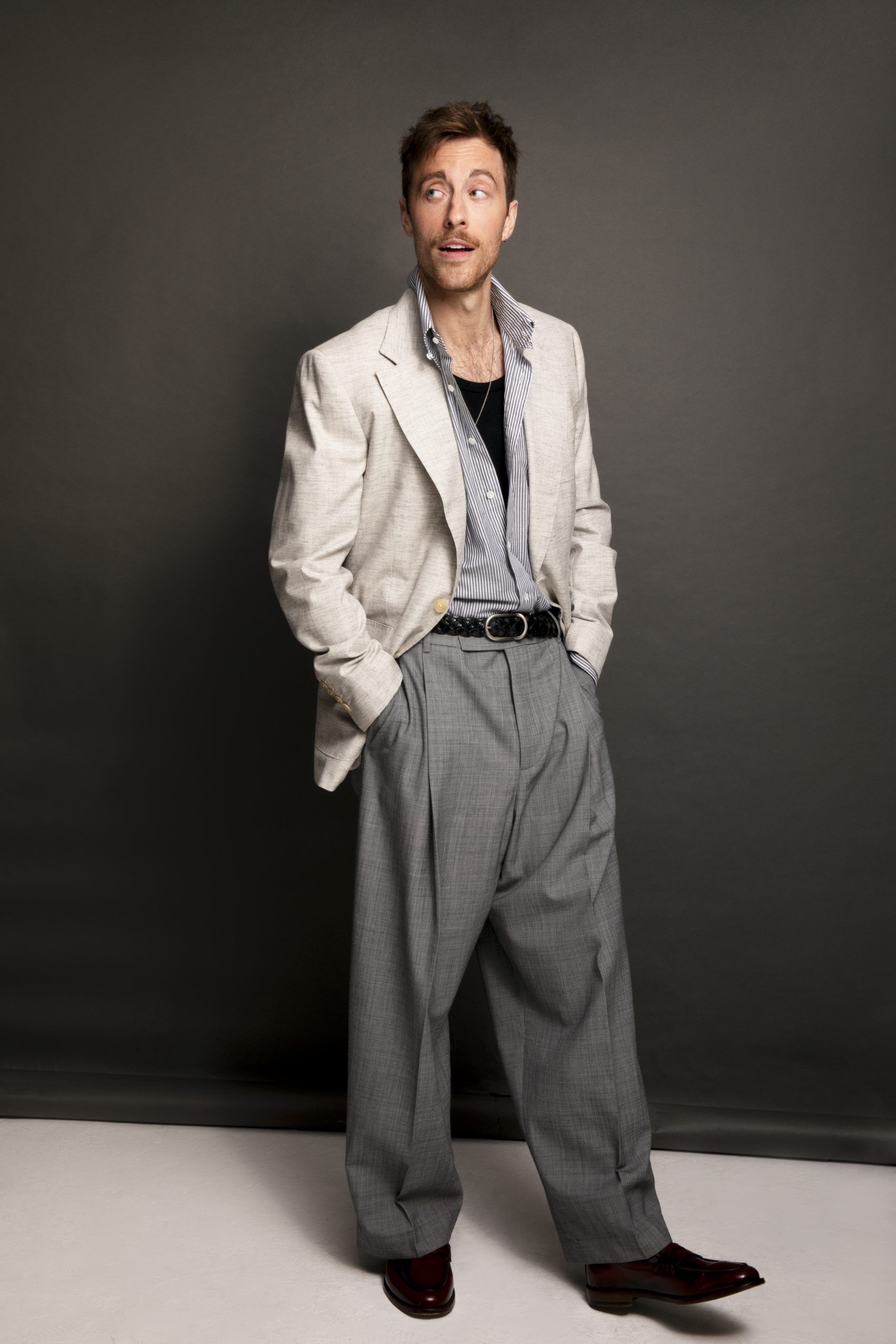
I love that the creators of the show made a point to cast mostly Jewish actors, which I’m sure was fulfilling as a Jewish actor yourself. Did you feel a sense of pressure at all to do the story justice?
Definitely. But alongside the pressure, a sense of deep connection to the world. It’s in our DNA as Jews, and that stretching out of the hand of history was very present throughout.
Can you tell me about your favorite memory from filming the show?
Ah, there’s many. As I think right now it’s the first 6 weeks in Bucharest as we began the story. We were all staying in the same hotel so it had this quality of a drama-camp where everyone is so passionate about being there. We’d meet most nights in the windowless, wood paneled hotel bar – Aptly named ‘The English Bar’ – and talk about the day, what was shot, how everyone was feeling. I miss that time a lot, it felt very unique.
What was the most interesting thing you learned about Adam while playing him? Also, was there anything you learned about yourself while playing Adam?
The methods of the Polish resistance were fascinating. The use of an egg to transfer ink for forgery – that appears to have been Adam’s own invention. Those technical things aside, I learned about his humility. I hope through his that I learned some of my own. I was humbled by Adam’s quiet patience and determinism, his reservation and his passion. He was an extraordinary man.
What is one thing you hope viewers take away from this series?
That there is the capacity for hope even in the depths of unimaginable suffering. Later in the series Adam says “Hope is not a crime, I think it a necessity”. That, a thousand times that.
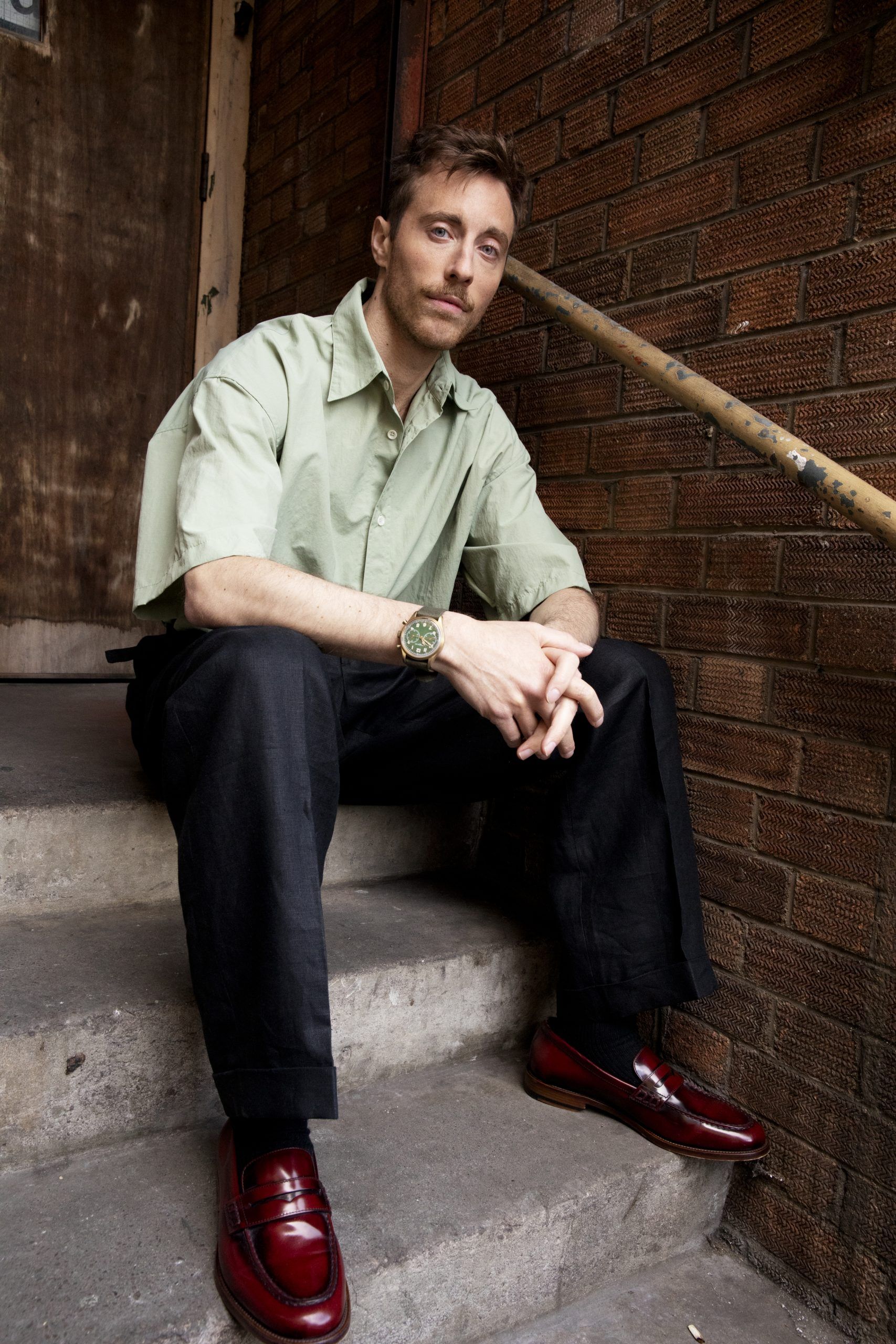
We Were The Lucky Ones is out now.
Interview Rachel Martin
Photography Jemima Marriott
Styling Mark Anthony Bradley
Grooming Davide Barbieri at A-Frame agency using Horace
Photography Assistant Lee Furnival
Header image credit: coat Connolly shirt and jacket Brunello Cucinelli trousers Studio Nicholson shades The Vintage Collection in Camden Stables


